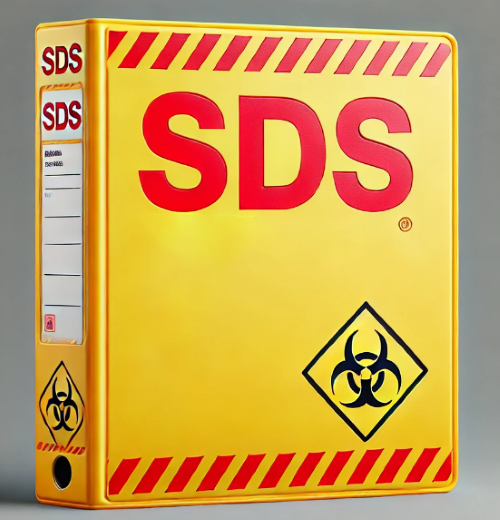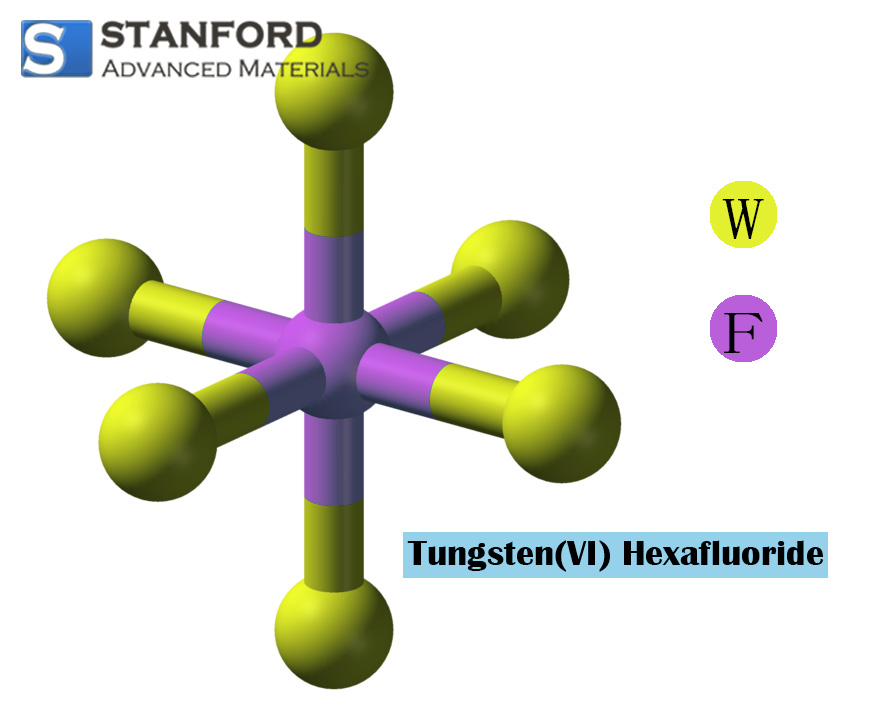MSDS of Neodymium Metal
I. Product Identification
Product primary name: Neodymium Metal Ingot
Trade name: Neodymium Metal Ingot
Stock Number: ME60
Supplier:
Stanford Advanced Materials
23661 Birtcher Dr., Lake Forest, CA 92630 U.S.A.
Tel: (949) 407-8904, Fax: (949) 812-6690
E-mail: sales@SAMaterials.com
CAS# 7440-0033-8
Dot: not classified as a hazard
UN# : not classified as a hazard
II. Composition & Ingredient Information
Chemical family name: metal
Molecular formula: Nd
III. Physical & Chemical Properties
Boiling point: ~3027 °C
Melting point: ~1024 °C
Specific gravity (approx.): 7.00 gm/cm3
Vapor density: not applicable
Vapor pressure: not applicable
Percent volatile by volume: not applicable
Oxidation: oxidized in air, solid form is relatively stable in air
Appearance & odor: silvery-metal, odorless
Physical state: ingot
IV. Hazardous Identification
Primary Entry Route Indicators
Skin primary entry route indicator: Yes
Eye primary entry route indicator: Yes
Inhalation primary entry route indicator: Yes
Ingestion primary entry route indicator: Yes
The primary route of entry text: inhalation, skin, ingestion
Effects of overexposure: the acute toxicity of is rate low
(Lung & skin granulation maybe cause local inhalation or ingestion. Eye contact can cause particle irritation.
V. First Aid Measures
Emergency first aid procedures - general
Skin: get medical attention immediately
Eyes: get medical attention immediately
Oral: get medical attention
Inhalation: get medical attention
VI. Fire-fighting Measures
Extinguishing media: CO2, dry sand, or dry chemical
Special fire fighting procedures: wear self-contained breathing apparatus
Unusual fire and explosion hazards: non-combustible, but easily oxidized. Sparks when strict. If possible without risk, remove yttrium metal from the fire area.
VII. Handling and Storage
Precautions to be taken in handling and storage: Avoid inhalation of dust, avoid skin & eye contact, avoid exposure to air, and store in a sealed container filled with argon gas or mineral oil.
VIII. Exposure Controls - protection
Eye protection: safety glasses
Respiratory protection: NIOSH approved respirator if ventilation controls are not possible or are inadequate
Personal protective equipment: as needed to prevent contact
Protective gloves (specify type): Rubber
IX. Stability & Reactivity
Stability - conditions to avoid: avoid exposure to the source of ignition such as open flame and sparks
Incompatible materials: avoid exposure to air, moisture, strong acids, and strong oxidizing agents
Hazardous decomposition products: air and moisture-sensitive, all forms will react with dilute acids, emitting flammable & explosive hydrogen gas (H2)
Hazardous polymerization condition to avoid: non-known
Hazardous polymerization: no
X. Other Information
Local exhaust: fume hood
Special production: not applicable
End of Data Sheet
This material safety data sheet is offered solely for your information, consideration, and investigation. Stanford Advanced Materials provides no warranties, either express or implied and assumes no responsibility for the accuracy or completeness of the data contained herein.



